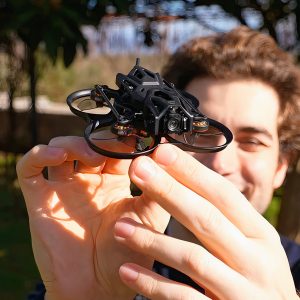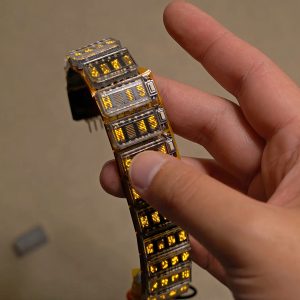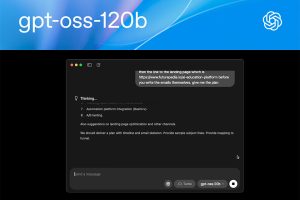OpenAI’s New Open-Source ‘gpt-oss’ Models are a Game-Changer for AI Accessibility
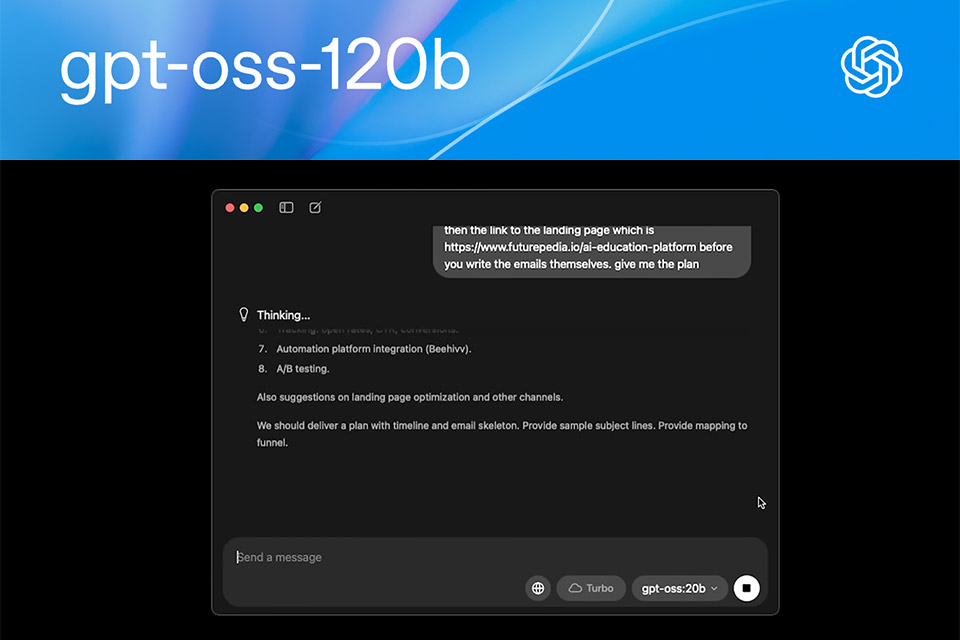

OpenAI has released two new open-source language models, gpt-oss-120b and gpt-oss-20b, their first open-weight release since GPT-2 in 2019. These models are available for free under the Apache 2.0 license and can be downloaded, modified and deployed on your own hardware.
Gpt-oss-120b, the larger of the two, has 117 billion parameters but uses a clever design to only use 5.1 billion per task, so it can run on a single high-end GPU like an 80 GB Nvidia H100. Gpt-oss-20b, the smaller one, has 21 billion parameters and 3.6 billion active at a time and can run on devices with 16 GB of memory like a decent laptop or edge device. Both models are great at reasoning, can solve math problems, write code, answer complex questions and can even browse the web or execute Python scripts when paired with the right tools.

Meta Quest 3S 128GB — Dive into Mixed Reality — Unreal device. Unreal price. — Gorilla Tag…
- Transform your reality with Meta Quest 3S 128GB. Now get the Amazon-exclusive Cardboard Hero Bundle, which includes the Handiwork Helmet, Handiwork…
- Turn any room into your own personal theater. Dim the space around you and watch on a giant, vibrant screen. Go all in with USB-C headphones, or plug…
- Have more fun with friends in Quest. Whether you’re stepping into an immersive game with people from around the world, watching a live concert…
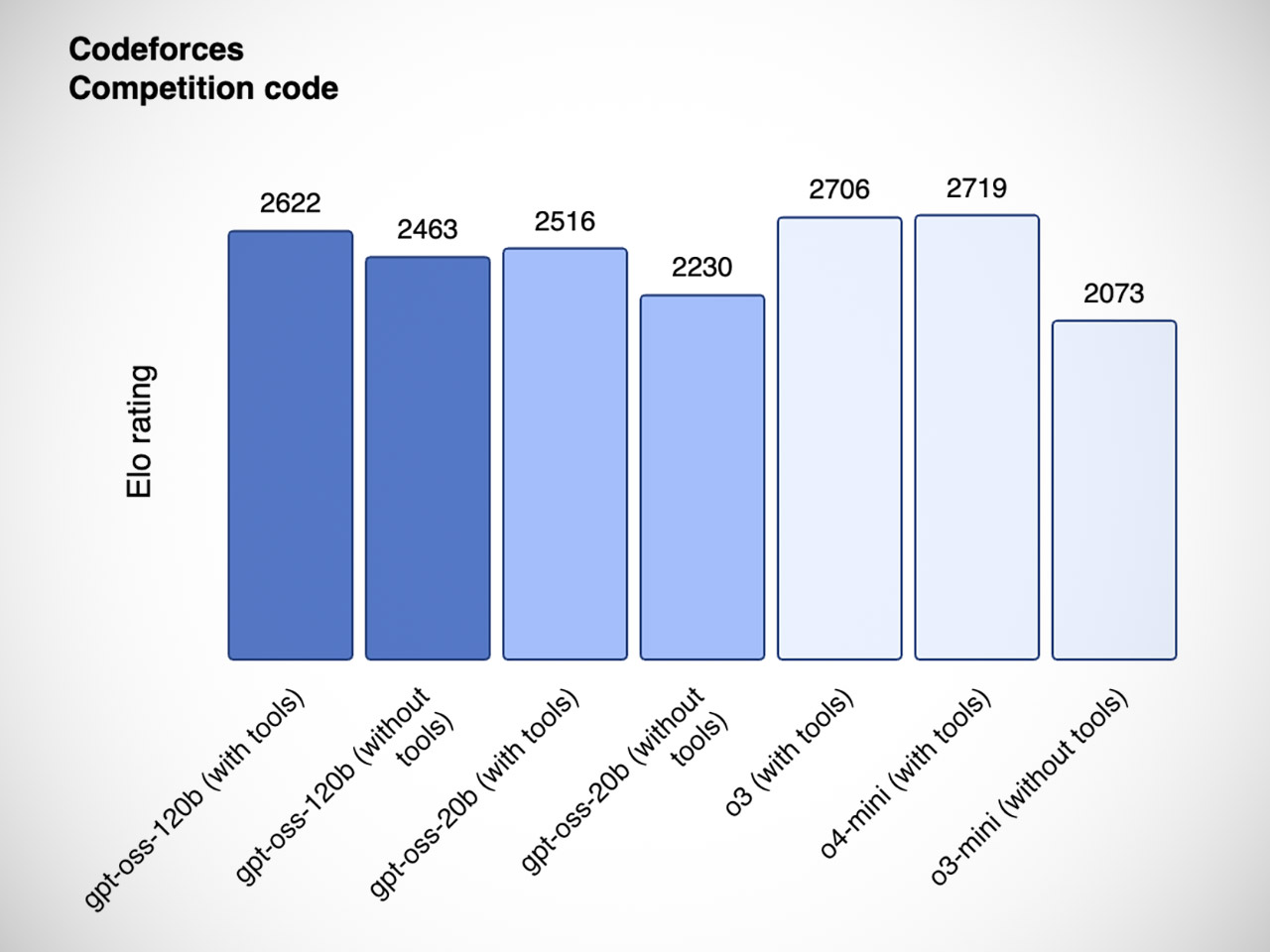
Training these models used a mix of techniques from OpenAI’s proprietary systems like o3 and o4-mini. They were trained on a mostly English dataset focused on science, technology, engineering, math and coding. The models use a transformer architecture with a mixture-of-experts approach, meaning they selectively activate parts of the network to save on computation. This efficiency allows gpt-oss-120b to rival o4-mini in reasoning tasks and gpt-oss-20b to match or beat o3-mini in math and health related queries all while running on modest hardware.
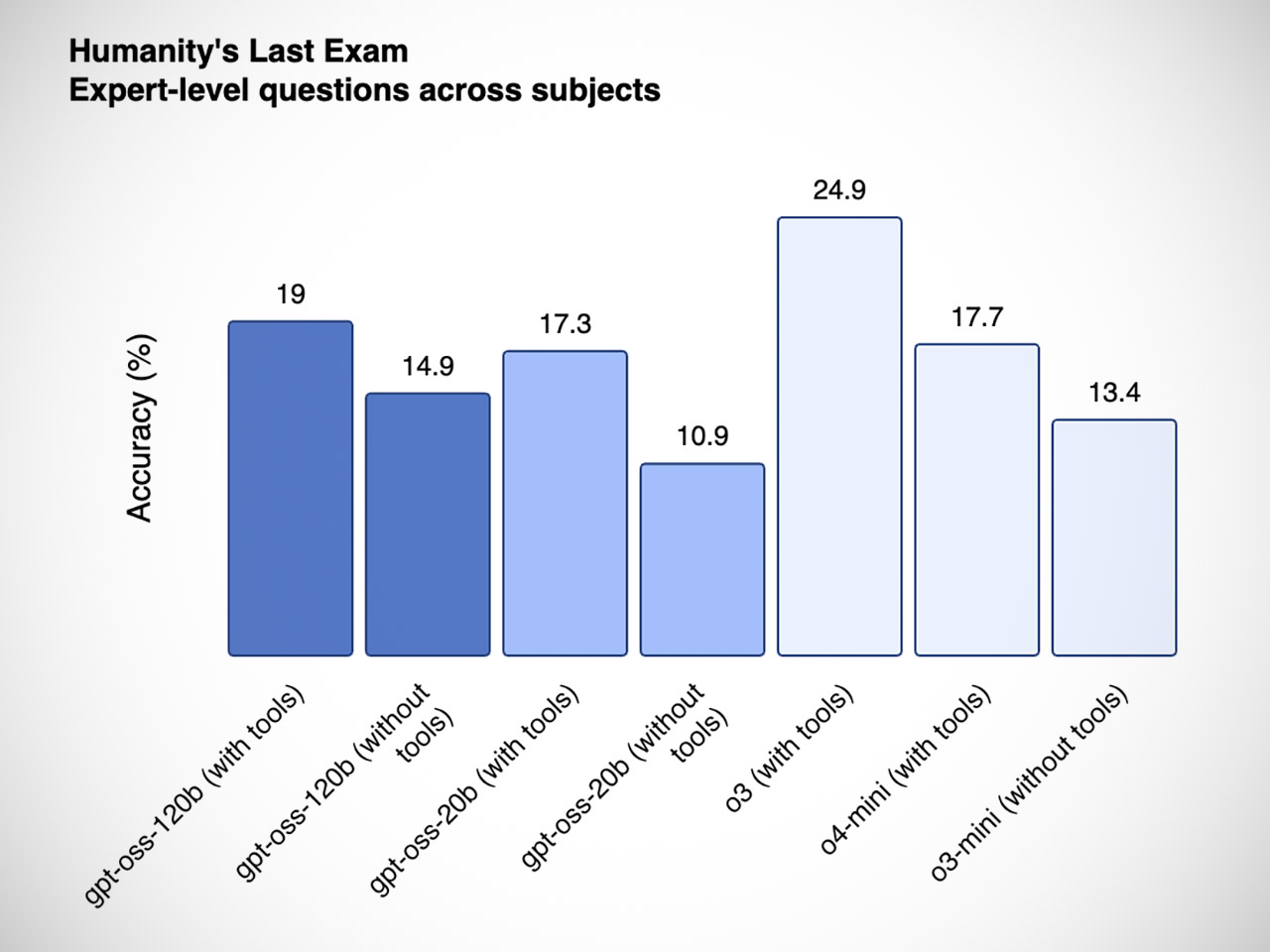
Before release, the models were thoroughly tested, including filtering out harmful data during training and evaluating versions that were fine-tuned to be malicious. These tests were reviewed by external experts and showed that even when tampered with the models didn’t reach dangerous capability levels. OpenAI is also launching a $500,000 Red Teaming Challenge to encourage researchers to find weaknesses, with findings to be shared publicly to improve safety across the industry.
Developers can adjust the reasoning level – low for quick chats, medium for balanced responses or high for deep analysis – by just changing a system prompt. The models support chain-of-thought reasoning so developers can see the step by step logic behind the answers which is great for debugging but not meant for end users as it can be inaccurate. Fine tuning is also easy, gpt-oss-20b can be fine tuned on consumer hardware and gpt-oss-120b on a single high-end GPU.
OpenAI partnered with companies like Microsoft, NVIDIA and Hugging Face to make sure the models run on everything from cloud servers to Windows laptops. Azure AI Foundry and Windows AI Foundry have tools to deploy, fine tune or compress the models for your needs, whether it’s an enterprise setup or a lightweight app on a local device. The models are natively quantized, meaning they use less memory without sacrificing performance and come with reference code for PyTorch and Apple’s Metal.
By offering powerful tools that anyone can download and customize, they’re enabling small businesses, independent developers and even governments in resource constrained regions to build AI solutions for their needs. Unlike proprietary models locked behind APIs, these open-weight models can run offline, behind firewalls or in sensitive environments, so you have full control over your data and applications.
While companies like Meta have led the open-weight space with models like Llama, OpenAI’s gpt-oss models stand out for their efficiency and performance. They’re not just for hobbyists; enterprises can use them to build custom AI agents or integrate them into their workflows. Microsoft’s support, bringing gpt-oss-20b to Windows devices and planning MacOS support, makes it as easy as running a program on your laptop.
OpenAI’s New Open-Source ‘gpt-oss’ Models are a Game-Changer for AI Accessibility
#OpenAIs #OpenSource #gptoss #Models #GameChanger #Accessibility

